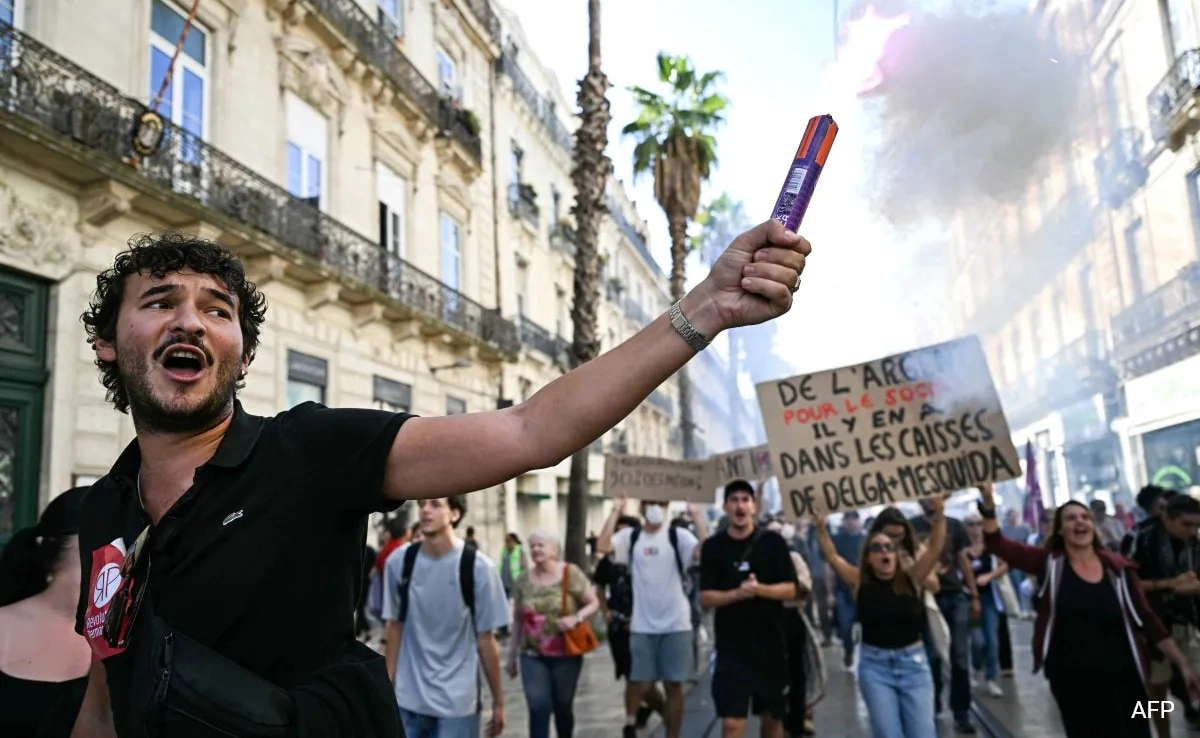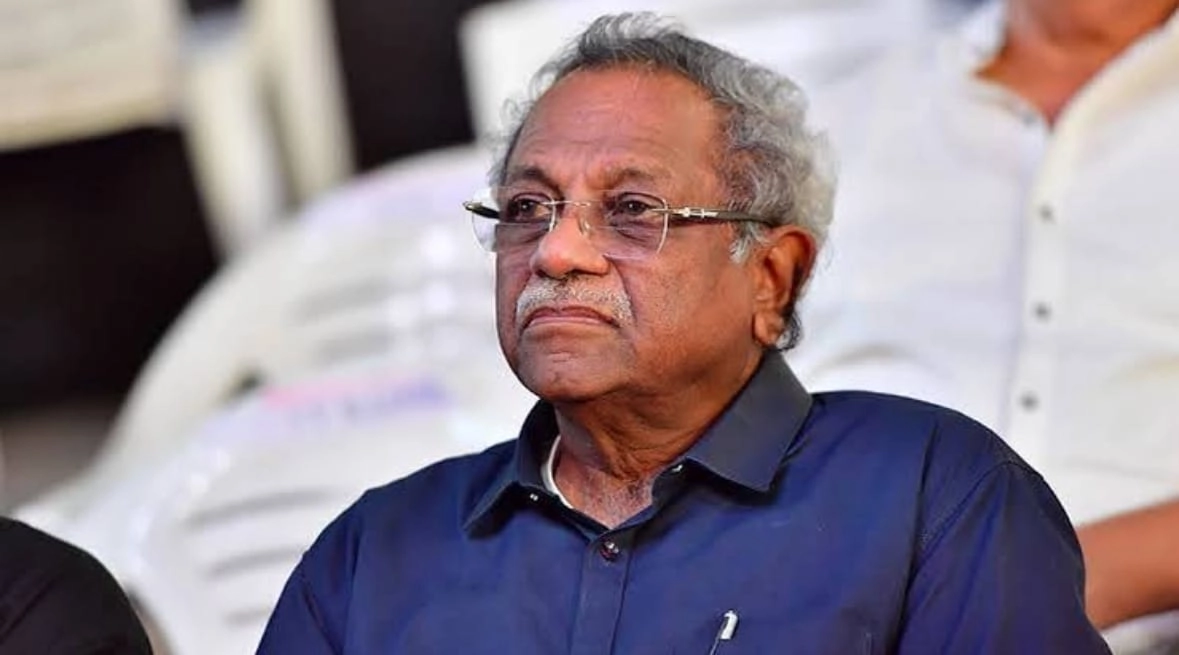A wave of protests, marked by significant unrest, swept across France as demonstrators took to the streets in a movement dubbed “Block Everything.” This mobilization has resulted in the arrest of approximately 200 individuals, highlighting the tension between protestors and law enforcement. The protests, which began as a reaction to various social and political grievances, quickly escalated into chaotic scenes, with vehicles set ablaze and public property damaged. The escalating violence has drawn widespread attention and condemnation, reflecting the deep-seated frustrations among segments of the French population.
The “Block Everything” protest has become emblematic of the broader issues faced by many in France, including rising living costs, economic inequality, and dissatisfaction with government policies. Participants argue that their voices are not being heard, leading to calls for more drastic measures to capture public attention. The protests have garnered support from various groups, including labor unions and civil rights organizations, amplifying the message that systemic change is needed. What began as a peaceful demonstration quickly spiraled into confrontations with law enforcement, leading to the deployment of riot police to restore order.
As the situation unfolds, the French government faces mounting pressure to address the underlying issues that have fueled such unrest. Critics argue that heavy-handed tactics by police may only exacerbate tensions and provoke further protests. The images of burning vehicles and clashes with law enforcement serve as stark reminders of the volatility of public sentiment in the face of perceived injustice. Amid this turmoil, the future of the protests remains uncertain, with many questioning how long the government can ignore the rising tide of discontent. As discussions about potential reforms and dialogue continue, the “Block Everything” protest stands as a pivotal moment in France’s ongoing struggle for social and economic justice.




